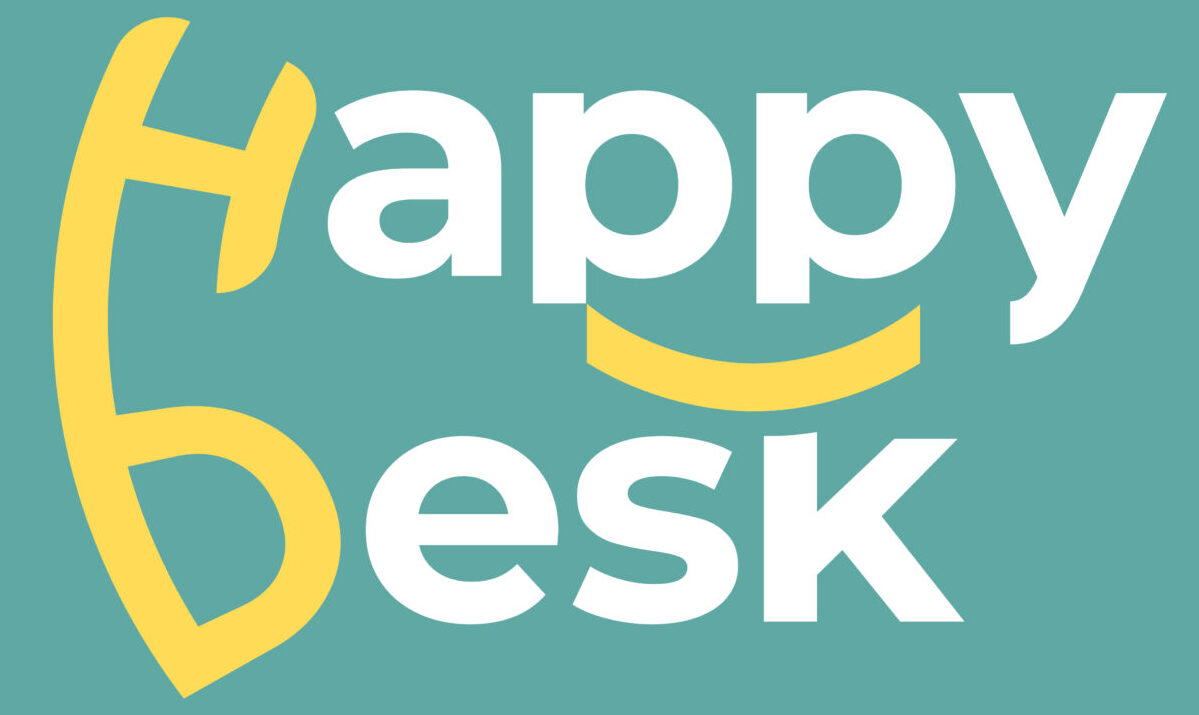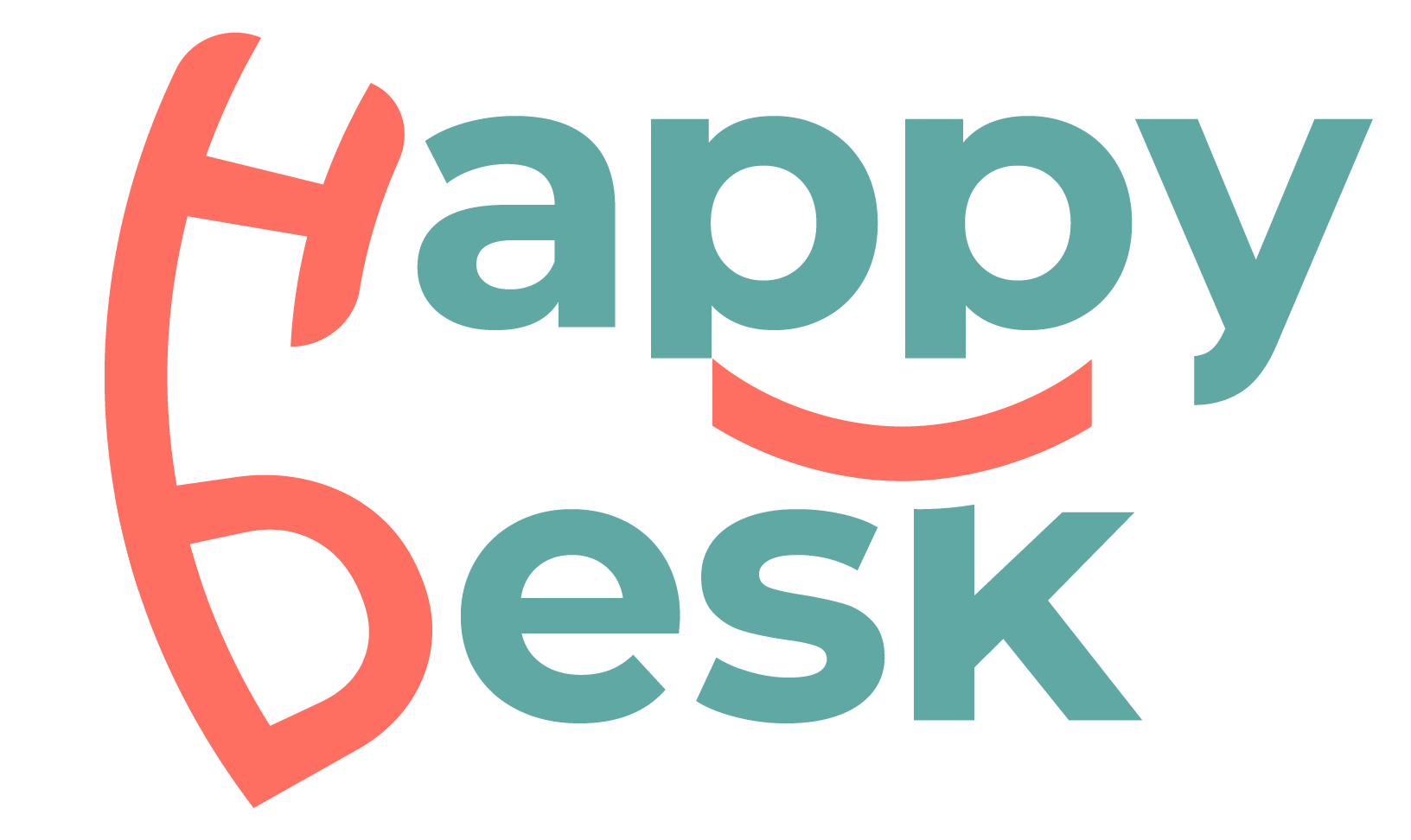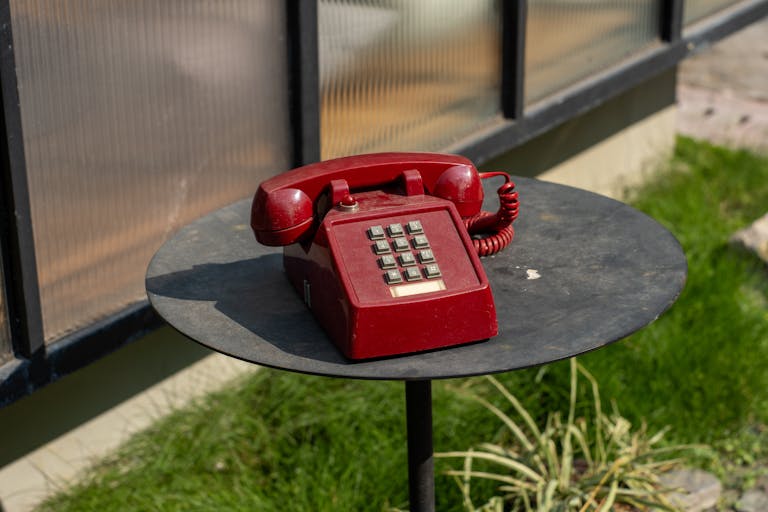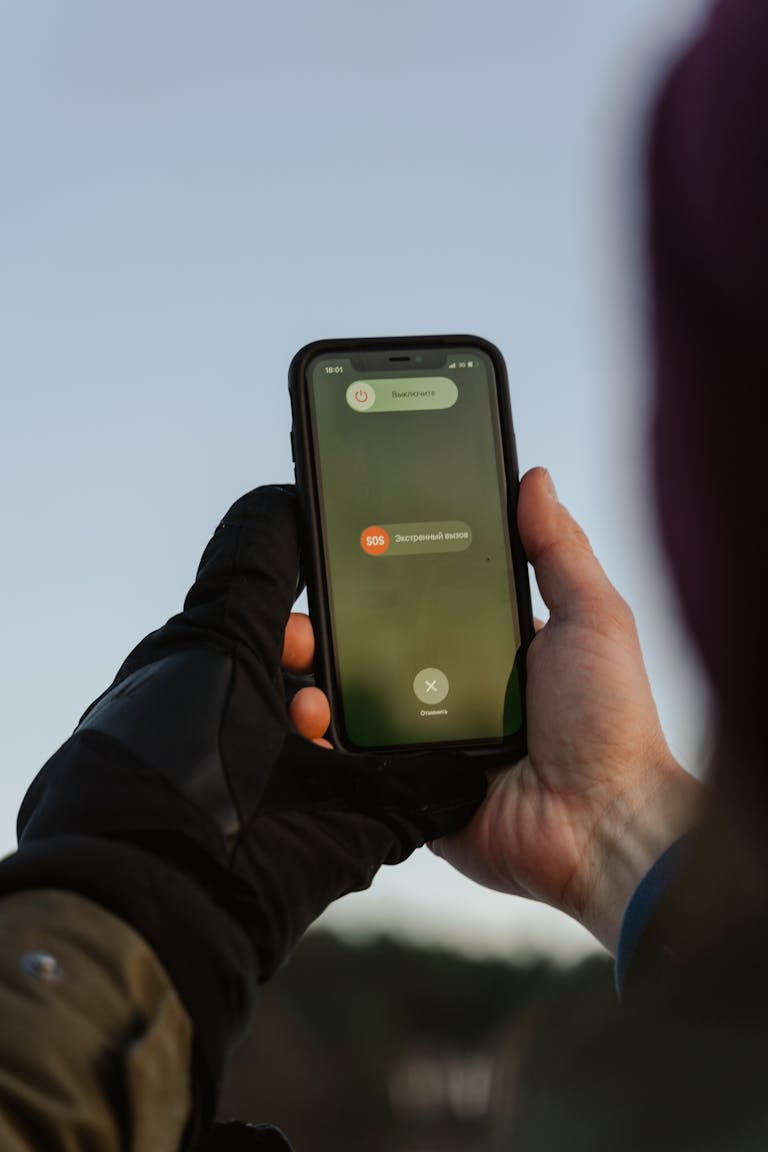As mental health practitioners, we often focus on what happens during our sessions with clients, but the truth is, client experience begins long before they ever sit in the therapy room. The way your practice handles phone calls—the very first point of contact—can have a major impact on how clients view your practice, how likely they are to book, and even whether they show up for their appointments.
The Midas muffler study, conducted years ago but still highly relevant, is a fascinating example of how much power telephone demeanor holds. Let’s dig into this study and explore how its lessons can directly apply to your mental health practice.
What the Midas Study Teaches Us About First Impressions
In the Midas study, it was revealed that the company was receiving 100% of its initial contacts via phone, yet only 71% of those calls were being converted into appointments. That means nearly 30% of potential customers were slipping through the cracks, not because they weren’t interested, but because the calls weren’t handled effectively. After instituting a telephone training program that improved staff demeanor and handling of inquiries, the conversion rate jumped to 94%, leading to a significant boost in the company’s profits.
For mental health practices, this translates to how first impressions on the phone can make or break client engagement. You may be an incredible therapist, but if potential clients are met with rushed, impersonal, or unprofessional phone communication, they might never make it through your doors.
Why Telephone Demeanor Matters in Therapy Practices
Think about how sensitive and often vulnerable clients are when they first reach out. Often, they’ve had to work up the courage to make that call. If they’re met with a warm, professional tone, it reassures them that your practice is a safe, welcoming space. On the other hand, if they’re greeted with indifference or impatience, it could send the wrong message and turn them away.
It’s not just about being friendly—tone, active listening, and clear communication all play major roles. Here’s how you can apply these concepts to your practice:
- Tone of Voice: Your tone should convey warmth, understanding, and professionalism. You want clients to feel like they are talking to someone who genuinely cares about their well-being, even in that initial phone interaction.
- Active Listening: When clients call, they are often looking for reassurance, whether they explicitly say so or not. Active listening—acknowledging their concerns, asking questions, and repeating important details—shows that you’re fully engaged in the conversation.
- Clarity in Communication: Whether discussing appointment availability, pricing, or your approach to therapy, be clear and concise. A confused client is more likely to disengage.
Now, even if you, as the therapist, have excellent phone demeanor, there will be times when you’re in between clients or coming out of a difficult session. In those moments, being rushed or emotionally drained can unintentionally affect how you interact with potential clients. That’s where a virtual receptionist can make a difference. They provide consistent, professional service, ensuring every client feels valued—no matter how busy or emotionally charged your day may be.
The Midas Study’s Relevance to Mental Health Practices Today
Even though the Midas study was conducted in a different industry, its lessons hold up. Mental health practices rely heavily on the quality of initial contact to foster trust. If 30% of prospective clients are disengaging because of poor phone handling, that’s a major loss—not only in terms of appointments but in terms of the overall reputation of your practice.
Improving telephone demeanor can increase your client conversion rate in much the same way it worked for Midas. But unlike the muffler industry, where a missed call might result in minor frustration, in therapy, that missed connection could prevent someone from seeking help at all.
Training Your Team—and Why a Virtual Receptionist Helps
Training your administrative team on proper phone etiquette is key. Whether you have an in-house receptionist or a virtual receptionist, it’s important that they receive training on:
- Empathy and Active Listening: Especially in mental health, clients need to feel heard. A receptionist should acknowledge their concerns and provide gentle, clear responses.
- Clear Information: They should be able to communicate basic practice details clearly and confidently—such as insurance acceptance, appointment availability, and next steps for scheduling.
- Calm Under Pressure: There will always be clients who are anxious, frustrated, or even upset when they call. A well-trained receptionist can keep the conversation calm and productive, making clients feel reassured.
While training your team is valuable, a virtual receptionist service comes with the added advantage of having professionals who are already highly trained in these skills. They are experts in managing sensitive conversations, confirming appointments, and making rescheduling seamless, all while ensuring that no calls slip through the cracks.
Improving Conversion Rates With Consistent Communication
The Midas study shows that investing in training and consistent communication pays off. Imagine a potential client calling your office and not getting through—or worse, feeling dismissed. This is where the importance of accessibility comes into play. Whether through a trained in-house receptionist or a virtual receptionist, consistent communication is essential to ensure no opportunities are missed.
With the right phone demeanor, even challenging calls can lead to successful outcomes, whether that’s a confirmed appointment or a rescheduled session. The key is making sure every client interaction feels supportive and professional.
Happy Highlight
Small improvements in telephone demeanor can have a profound impact on client retention and conversion. Whether you manage the calls yourself, train your team, or bring in a virtual receptionist, the power of a warm, professional first interaction can transform how clients engage with your practice. Just like the Midas study showed, that initial phone call is not just an inquiry—it’s an opportunity to build trust and grow your practice.







